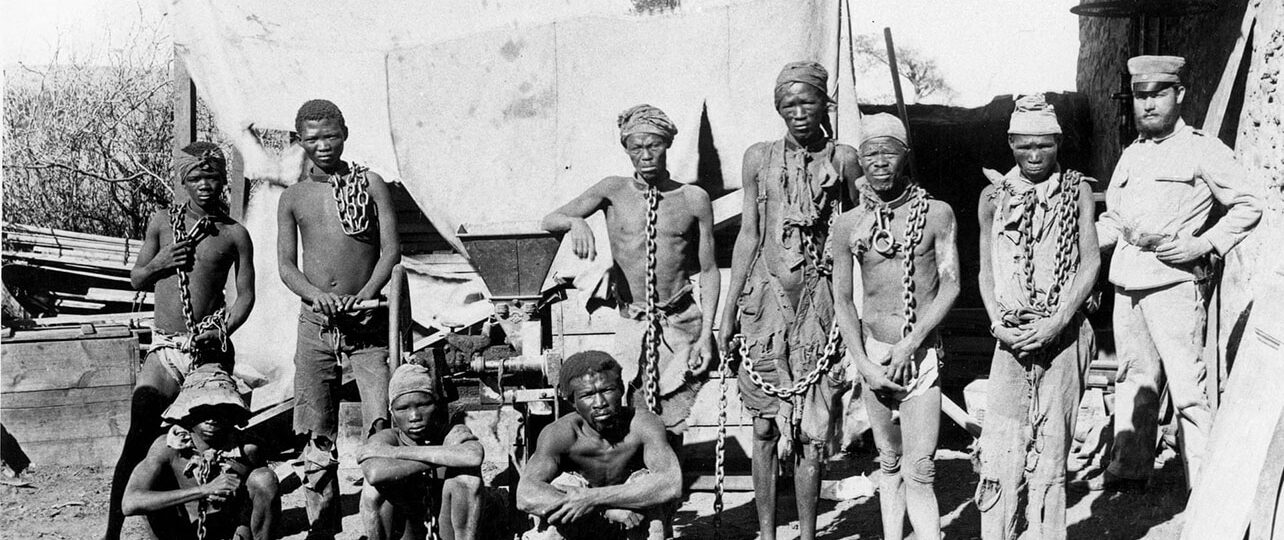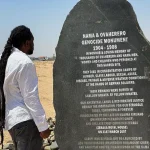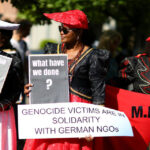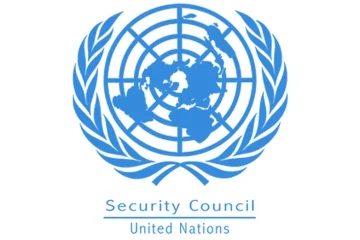ON January 12, 1904, the Herero people of Namibia revolted against the long-standing German colonial rule in search of their freedom. They had reached a point of saturation with the brutality of Germany’s occupation of their territory in what was then known as South West Africa.
Armed to the teeth after secretly mobilising weapons to eject the unwelcome European imperialists, they encircled the German troops in what seemed like a final face-to-face with destiny.
South West Africa had been under Germany’s colonial rule from 1884 until 1919, a total of 35 agonising years of living under the strict control of a foreign occupying force.
From time to time, the Herero people rose up against the German tyranny. And time after time, their rebellion was successfully suppressed by the superior military might of their colonisers.
But the January 12, 1904, Herero rebellion was historical in that it was protracted and lasted until 1907, with grave consequences to the Herero people who were annihilated and lost 75% of their population in their war against the German occupation force.
In the early morning of August 11, 1904, following a lull in the fighting, the Germans surreptitiously encircled some 40,000 Herero people among whom only 5,000 were armed.
They unleashed on them an element of surprise. The Germans relied on their modern weaponry. Their strategy was to “annihilate these masses with a simultaneous blow”. And it worked. The Germans’ continuous shelling by the artillery and the barrage of machine guns imported from Berlin mowed down thousands of the Herero combatants like flies. The majority of those who escaped the Germans’ firepower escaped through a weak German flank to the southeast, desperately fleeing into the Kalahari Desert where scores of men, women and children died as a result of thirst.
The astronomical loss of Herero lives in the most brutal of manners has led many African scholars to describe the events in one word: Genocide.
This accusation has stuck on Germany’s reputation to this day. Many Namibians still call for reparations against Berlin, although their cries fall on deaf ears. But as for history, it is impossible to obliterate. Hence, every year on January 12, the Herero people and the entire citizenry of Namibia pause to observe this painful past in their history, where they faced certain extinction. Over the years, the German government has acknowledged its evil role in the mass killing of the Herero people. On occasion, murmurings of atonement reach the Namibians. Yet what the Herero people and Namibians demand is concomitant reparations in the knowledge that lost Herero lives can never be returned.
The subsequent years of German colonial rule following the end of the “genocide” in 1907 became increasingly uncomfortable for the unwelcome imperialists in the land they had stolen.
Additionally, throughout the African continent, the spirit of rebellion against colonialism was on the rise. Slowly but surely, the heroism of the Herero people, under the traditional leadership of Chief Maherero, inspired many African societies to accentuate their quest for independence.
Their rebellion to tyranny was viewed across the continent as obedience to the ancestors, and to God Himself. It was a very crucial chapter in the pushback against colonialism in Africa. It was seen as a direct and brave challenge to the European-led Scramble for Africa, where the continent was the playground of nefarious foreigners who came to loot the natural resources, and wantonly keep the indigenous populations under the yoke of oppression.
Questions about “genocide”, its implications on the victims and possible repercussions against the perpetrators are not new.
The most recent example of this form of crime against humanity is in the Gaza Strip, Palestine, where Israel continues to bombard the entire population indiscriminately. South Africa has taken the matter to the International Court of Justice – a UN court situated in the Netherlands. Pretoria accuses Tel Aviv of carrying out genocide against the Palestinians in Gaza, a charge Israel dismisses with contempt. The matter has been set down for January 11 and 12.
My standpoint is that if Germany does not respond favourably to the demand of the Herero people for reparations for their genocidal past, there exist at least international institutions that can be approached to litigate.
The Herero people and all Namibians have been independent since 1990. They can, and should, use everything in their power to pursue this past injustice at all costs. In doing so, they will be making right an old wrong. A wrong that must be corrected. A wrong so terrible it must never be allowed to be visited upon any community or society with impunity -. Again!
At every opportunity, the Herero people must nudge their government into action in pursuit of this noble goal.
The wheels of justice do take time to turn, as the saying goes. The present generation of the Herero people – the survivors of Germany’s stated genocide – deserve much by way of being comforted. They deserve justice, albeit belated. Better late than never. The Herero case, if pursued to its eventual end, will serve as a reminder that no matter how long it takes, the pursuit of justice is open-ended. The doors of the justice system must never be shut in the face of victims, be they Palestinians, Namibians or anywhere in the world.













